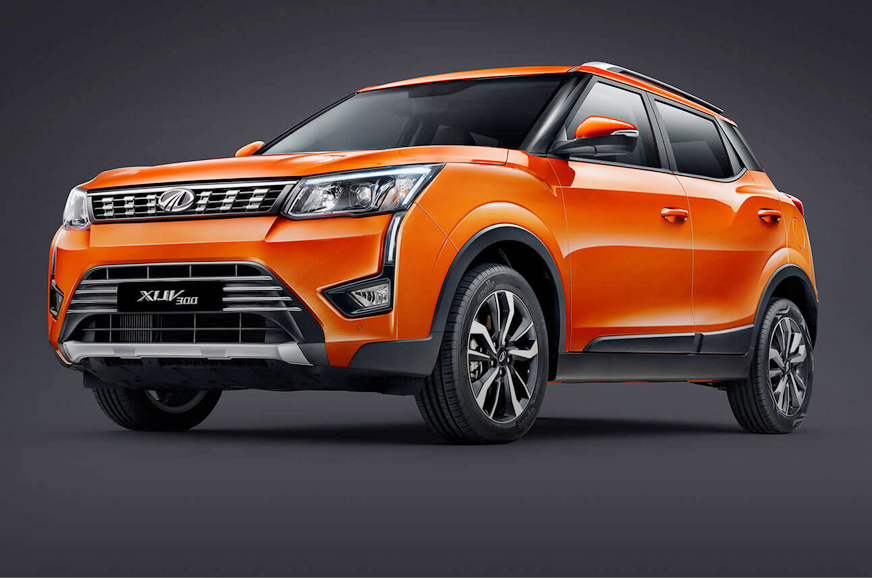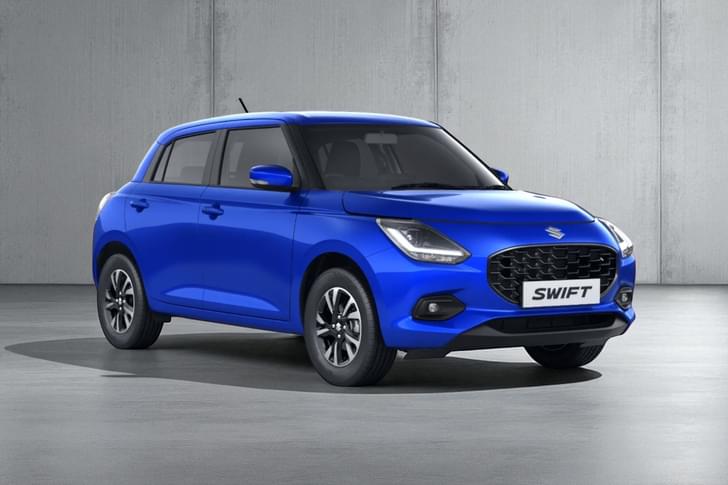The price gap between diesel and petrol cars is expected to widen greatly post 2020 as the high cost of upgrading diesels to meet BS-VI norms will make them considerably more expensive. The price gap between a petrol and diesel car is expected to surge by Rs 1.5 lakh, over and above the Rs 1 lakh it is at currently. This will drive total price difference up to Rs 2.5 lakh, according to CV Raman, senior executive director (engineering), Maruti Suzuki.
“The cost equation is definitely going to change. Diesel is going to be at least Rs 2-2.5 lakh higher than a BS-VI petrol. Moreover, the sentiment is not very good on diesel. Now whether the customer will make that switchover is uncertain,” he said.
“We are doing Euro-V and Euro-VI (BS-V and -VI) all together, so we need to put a DPF (diesel particulate filter) as well as SCR (selective catalytic reduction) and LNT (Lean NOx trap). So you have to control PM and NoX both at the same time. Normally we'd go from one stage to another but in a step by step manner but here, the entire cost will happen at the same time,” Raman added.
Maruti is not only looking at improving its internal combustion engines by hybridising them – essentially by introducing SHVS-like systems – but is also seriously considering stronger hybrids. The carmaker is said to be working closely with Bosch for its electrification strategy and will seek to localise a high percentage of its components. With years of experience in India, Bosch could be capable of offering a localisation strategy tailored to suit the Indian carmaker's needs.
Interestingly, the gains in fuel economy from a hybrid are about 30 percent and for a diesel, they are about 25 percent. So hybrids are definitely a better solution in terms of fuel efficiency and even meeting the Corporate Average Fuel Efficiency (CAFE) norms, but the high costs could be a challenge for Maruti.
“Obviously, hybrid is going to cost money because you’ve got to put in a motor, electronics and a strong hybrid means the battery pack will have to be bigger. So there's a high cost involved, but we are trying to manage it,” Raman said, adding that a petrol-hybrid will cost even more than a BS-VI-compliant diesel.
So while the high cost of upgrading a diesel engine to meet the BS-VI emission standard could impact Maruti's powertrain strategy for its models, there is a possibility that they could push for CNG rather than diesel in smaller cars.
In fact, demand for CNG models is said to have grown by over 50 percent in the past few months so it's no surprise that Maruti feels CNG could be a better bet.




































